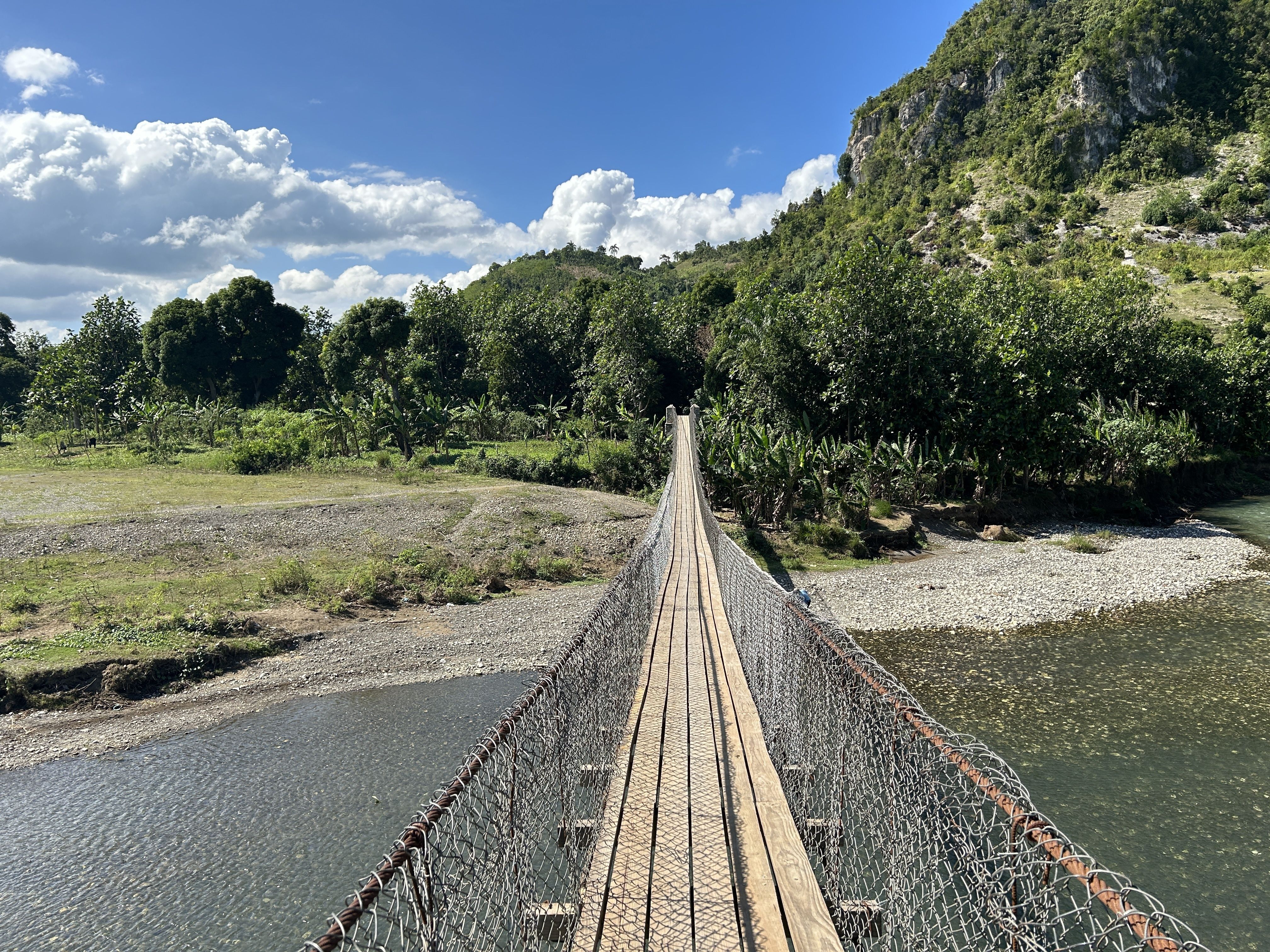
As the situation in Haiti worsens, our Haiti and U.S. staff are engaging in long conversations about the conditions in the country. One of the recurring concerns from Haitian Field Director, Vilex Plaisir, is the trouble with gangs in the country, particularly in the capital of Port-au-Prince.
The term, gang, has a specific connotation in the United States. We think of “street gangs.” Admittedly, this was the image that came to my mind on first hearing the term, especially since I had worked with police officers and detectives in specialized gang and drug enforcement units and tactical response teams (i.e., SWAT) in my prior career. However, Haitian gangs, or “bandits” as they are sometimes called, operate much differently.
In the early 2000’s, I received focused training on homeland security topics as a public safety telecommunicator (i.e., 9-1-1 call-taker and dispatcher). In the few years after the 9/11 attacks, my task was to understand the full spectrum of the threats of, and potential responses to, acts of terrorism. I also enlisted in the U.S. Navy Reserves, whose training provided additional perspective to such threats. Later pre-deployment training and my deployment to Afghanistan in support of special operations gave even greater insight to how insurgencies operate and consideration for counterinsurgency (COIN) operations.
When news of the increased insecurity revealed some of the tactics that the gangs in Haiti were using, through the lens of my previous training the picture became clear. These are not gangs, they are insurgents. They seek not just territory, but influence and political power. They are not just competing amongst other gangs, but they are actively in a struggle for power against the government. Some are seeking a seat at the table to become a voice within the government. Many leaders of these gangs are themselves former police officers or military members; they are familiar with many of the tactics that authorities will use against their violent and criminal activities.
At present, the geography of Haiti and poor condition of their transportation infrastructure are keeping most of the gang-related issues in and immediately around Port-au-Prince. In the Grand-Anse River valley where we operate, we enjoy a fair measure of isolation from the direct impact of the turmoil. While logistics of supplies from the U.S. and surrounding countries are hampered by the troubles in Port-au-Prince, we can, however, send funds to purchase food and supplies locally in Haiti.
My prior training and experience, along with excellent communication between our U.S. and Haiti staff, keeps us vigilant and adaptable. We continue New Life for Haiti operations and do so with safety and compassion. We will, with your continued support, meet the needs of children and families. The safe and nurturing environment, education, and care that we provide is just what Haiti needs in this time of upheaval to preserve and multiply hope.





